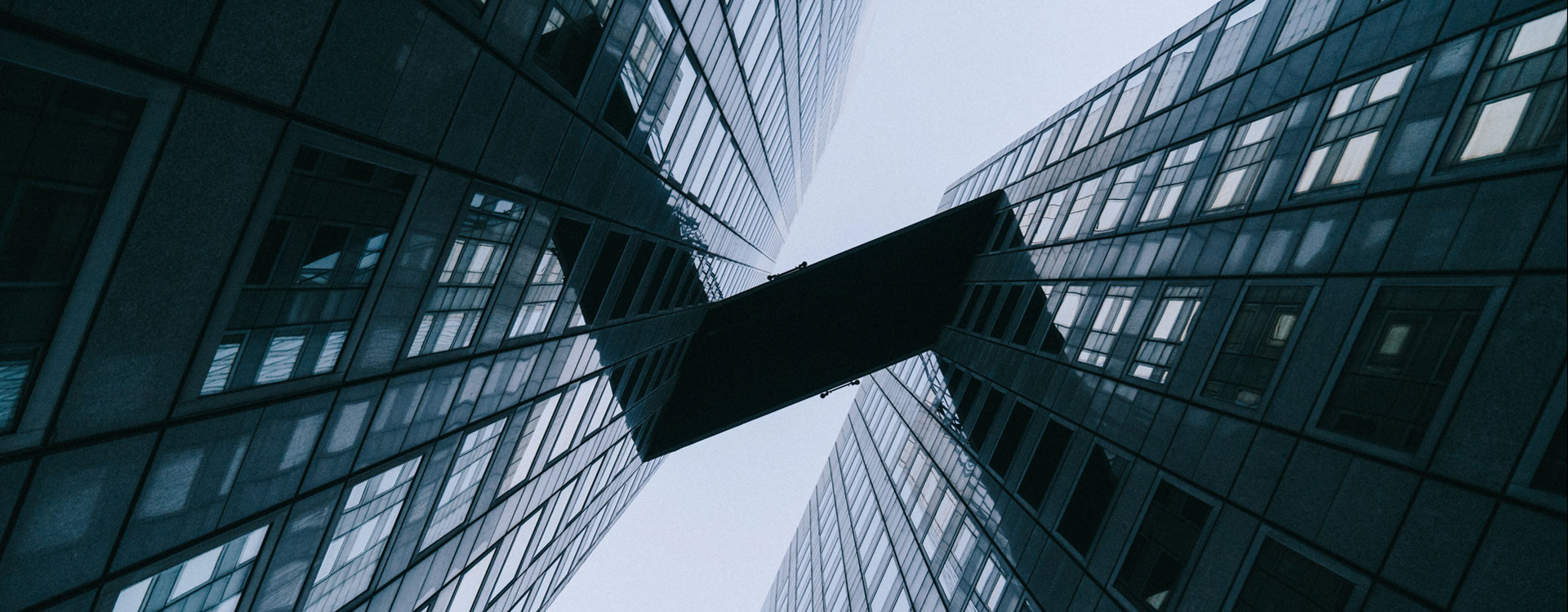Epoxy flooring has steadily grown in popularity for both residential and commercial spaces, admired for its sleek finish, durability, and relatively low maintenance needs. As homeowners and business owners look for flooring solutions that are practical and long-lasting, epoxy coatings are gaining traction as a cost-effective option that enhances both aesthetics and functionality.

Yet, before deciding if epoxy flooring is the right choice for your space, it’s important to weigh the benefits, limitations, and long-term value it offers. In this article, we will explore whether epoxy flooring is truly a worthwhile investment, comparing its advantages with any potential downsides.
Is Epoxy Flooring A Good Investment?
Benefits Of Epoxy Flooring
Epoxy flooring is known for its unique combination of durability, aesthetics, and affordability. Let’s take a closer look at some of its most compelling advantages:
Durability And Longevity
One of the key selling points of epoxy flooring is its exceptional durability. Composed of a mix of resin and hardener, epoxy creates a highly resistant surface that can withstand heavy traffic, impact, and even chemical spills.
Once cured, epoxy floors are extremely resilient, and they’re commonly used in environments where floors take a lot of wear and tear, such as garages, warehouses, hospitals, and commercial kitchens.
The longevity of epoxy flooring can vary depending on factors like the quality of the installation and how well it’s maintained. When installed correctly, epoxy floors can last between 10 to 20 years, making them a long-term solution for anyone looking to minimize the need for regular flooring replacements or costly repairs.
Unlike traditional flooring options such as hardwood or carpet, epoxy is also resistant to stains and does not require polishing to keep its shine, which can result in additional savings on maintenance.
Aesthetic Appeal And Customization Options
Epoxy flooring can dramatically enhance the appearance of a space. Available in a wide range of colours, finishes, and patterns, epoxy offers ample customization to suit any aesthetic preference. For those looking to create a unique or modern look, epoxy floors can incorporate metallic finishes, high-gloss or matte textures, and even decorative patterns like marbling or flake designs.
In addition to being visually appealing, epoxy floors can also improve lighting in a room due to their reflective properties. This is particularly beneficial in larger spaces such as commercial warehouses, as the reflective floor can make the room appear brighter, improving both visibility and ambience.
Whether you’re aiming for a professional look in an office, a sleek design in a garage, or a practical solution for a retail space, epoxy flooring can be adapted to fit various environments.
Ease of Maintenance
One of the most appealing benefits of epoxy flooring is its minimal maintenance requirements. Unlike porous materials like concrete, epoxy does not absorb liquids or dirt, making it easy to clean and resistant to stains. Most of the time, sweeping and occasional mopping with a mild detergent are enough to keep the floor looking pristine.
Epoxy’s seamless surface also prevents the accumulation of dust, bacteria, and other allergens, making it a hygienic choice for healthcare facilities, food preparation areas, and homes. As a result, you’ll spend less time and money on cleaning and upkeep, which is especially beneficial for busy commercial spaces that need to maintain a tidy and professional appearance.
Potential Drawbacks Of Epoxy Flooring
While epoxy flooring offers numerous benefits, it may not be the best choice for every space. Here are a few factors to consider before committing to epoxy:
Installation Challenges And Cost
One of the biggest drawbacks of epoxy flooring is the installation process, which requires professional expertise. Epoxy must be applied over a clean, dry, and prepared surface to ensure it adheres correctly and provides the intended durability. This preparation often includes grinding the existing surface, which can be labor-intensive and may add to the overall cost.
Additionally, the application process is time-sensitive. Each layer of epoxy needs to cure before the next can be applied, which means installation can take several days to complete. If you’re looking for a quick flooring solution, epoxy may not be the best option. Moreover, the curing process can produce fumes that may be harmful if inhaled, which makes it necessary to ventilate the space properly during installation.
In terms of cost, epoxy flooring can be more affordable than high-end materials like marble or hardwood. However, the initial expense is still considerable, especially if extensive surface preparation is needed. For those on a tight budget, this upfront cost may be a deterrent, although it’s worth noting that epoxy’s longevity can offset the initial expense over time.
Slipperiness And Safety Concerns
Although epoxy flooring has a sleek and attractive appearance, its smooth finish can sometimes become slippery, especially when wet. This potential hazard is particularly concerning for areas prone to spills, such as kitchens and garages. Fortunately, there are ways to improve the grip of epoxy floors; additives like sand or aluminium oxide can be incorporated during installation to create a more slip-resistant surface.
For environments where safety is a top priority, it’s essential to weigh the risk of slips and falls. If your space regularly encounters spills or water exposure, it’s wise to discuss slip-resistant options with your contractor to ensure the flooring meets your safety needs.
Vulnerability To Cracks And Chips
Although epoxy is highly durable, it is not immune to damage. Over time, epoxy floors can develop cracks or chips, particularly if they are exposed to heavy, direct impact or constant sunlight. While minor scratches may be less noticeable on an epoxy floor compared to other materials, more significant damage can require patching or resurfacing to maintain its aesthetic appeal.
Moreover, because epoxy flooring is generally installed as a seamless layer, any cracks that form are likely to be more visible, which can affect the overall look of the space. In some cases, damage may necessitate partial or complete reinstallation, which can be costly and time-consuming.
Long-Term Value: Is Epoxy Worth The Investment?
When evaluating the long-term value of epoxy flooring, it’s essential to consider both the short-term and long-term benefits.
While the upfront cost may be higher than traditional flooring options, epoxy’s durability, low maintenance requirements, and versatility in aesthetics can offer significant returns over time. In commercial settings, where flooring undergoes more wear and tear, the cost savings on repairs and maintenance can be especially compelling.
Homeowners who invest in epoxy flooring often report increased property value and buyer appeal, particularly in areas such as garages, basements, and workshops where durability and ease of cleaning are appreciated. Additionally, businesses that prioritize cleanliness and appearance, such as retail stores or healthcare facilities, can benefit from the professional look epoxy floors provide.
Conclusion
Epoxy flooring can be an excellent investment for spaces that require a balance of durability, style, and low maintenance. It offers a wide range of customization options, is easy to clean, and is resilient enough to withstand heavy use, making it ideal for both commercial and residential applications. However, epoxy isn’t without its limitations.
The initial installation cost, risk of slipperiness, and potential for cracking mean it may not be the perfect choice for every environment.
Ultimately, whether or not epoxy flooring is a good investment depends on your specific needs, budget, and how much use the space will get. If you need a robust, long-lasting flooring solution that can handle the demands of a busy environment, epoxy may well be worth the investment.
On the other hand, if you’re outfitting a low-traffic space or prefer a quicker, more flexible option, other types of flooring may be more suitable. In either case, consulting with a professional can help you make an informed decision that best suits your lifestyle and budget.
Looking for more information? Click the allsafe flooring to learn more!

